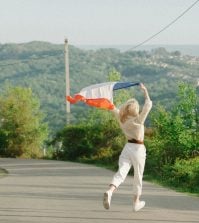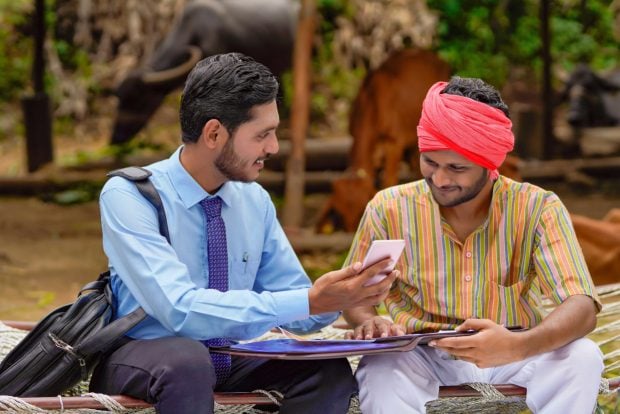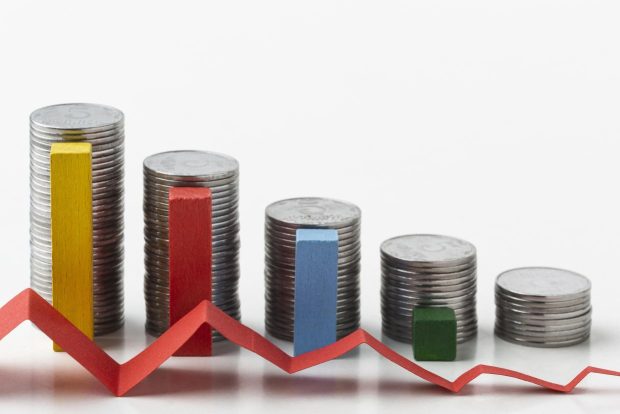OECD warns of falling Dutch overseas aid

An international committee has called on the Netherlands to stop cutting overseas aid, after a review found that the country’s spending had dropped below the United Nations’ target level.
Following a ‘peer review’ of aid spending, the Organisation for Economic Cooperation and Development’s (OECD’s) Development Assistance Committee (DAC) noted that Holland has spent more than the target figure of 0.7% of GDP on international aid for 37 consecutive years. But in 2013 and 2014, it said, spending fell below target.
Preliminary data indicate that after rising to 0.75% in 2015, spending slipped below 0.7% again in 2016. And recent budget projections show further steep cuts over 2017-19, according to the committee.
The report, which was published last Wednesday, also found that the Netherlands’s adoption in 2012 of DAC accounting rules – under which the first year of spending on refugees housed within the donor country can be counted as official development assistance (ODA) – has further reduced the cash it sends overseas to developing countries.
The cost of hosting refugees within the Netherlands rose from 11 per cent of ODA in 2011 to 32 per cent in 2015 as asylum applications soared, the study found.
Launching the study in The Hague, DAC chair Charlotte Petri Gornitzka said: “After an excellent 30-year record as one of the DAC’s most generous and predictable donors, Dutch aid is now on a downwards trend and the cost of meeting international legal obligations to host refugees has eaten into future funds for overseas projects.
“We hope the Netherlands can stem the decline in ODA and, at the same time, reassert its leadership and reputation for high-quality aid.”
However, the committee praised the Netherlands for innovation in using aid flows to mobilise significant additional resources from the private sector, and in integrating its aid, trade and investment agendas under a single political leader. “The Netherlands is able to raise development issues in international trade meetings by having the same minister responsible for trade and development,” it said in a statement.
“Collaboration between the economy, health and foreign affairs ministries enabled the Netherlands to increase access to medicines in the poorest countries by persuading the EU to allow cheaper generic drugs to be produced there.
“The Netherlands is also a good humanitarian and multilateral partner, with a strong focus on sexual reproductive health and rights.”
DAC praised the Netherlands for its shift towards more innovative and flexible funding models for overseas aid, but cautioned that the change could lead to a weaker focus on systems in recipient countries and undermine mutual accountability between such countries and the Netherlands.
It recommended that the Dutch government conducts a review of new instruments and tenders, particularly in private sector development work, and warned officials against adding too many new priorities when resources are stretched.
The DAC has 30 members, including some of the biggest aid donor countries. Each member’s performance is reviewed every five years, with the review team including officials in the country itself and a partner country, as well as representatives of civil society and the private sector. Bangladesh was the partner for the Netherlands’ latest review.
For up to date government news and international best practice follow us on Twitter @globegov
See also:
OECD chief calls for urgent measures to foster ‘inclusive’ globalisation





















